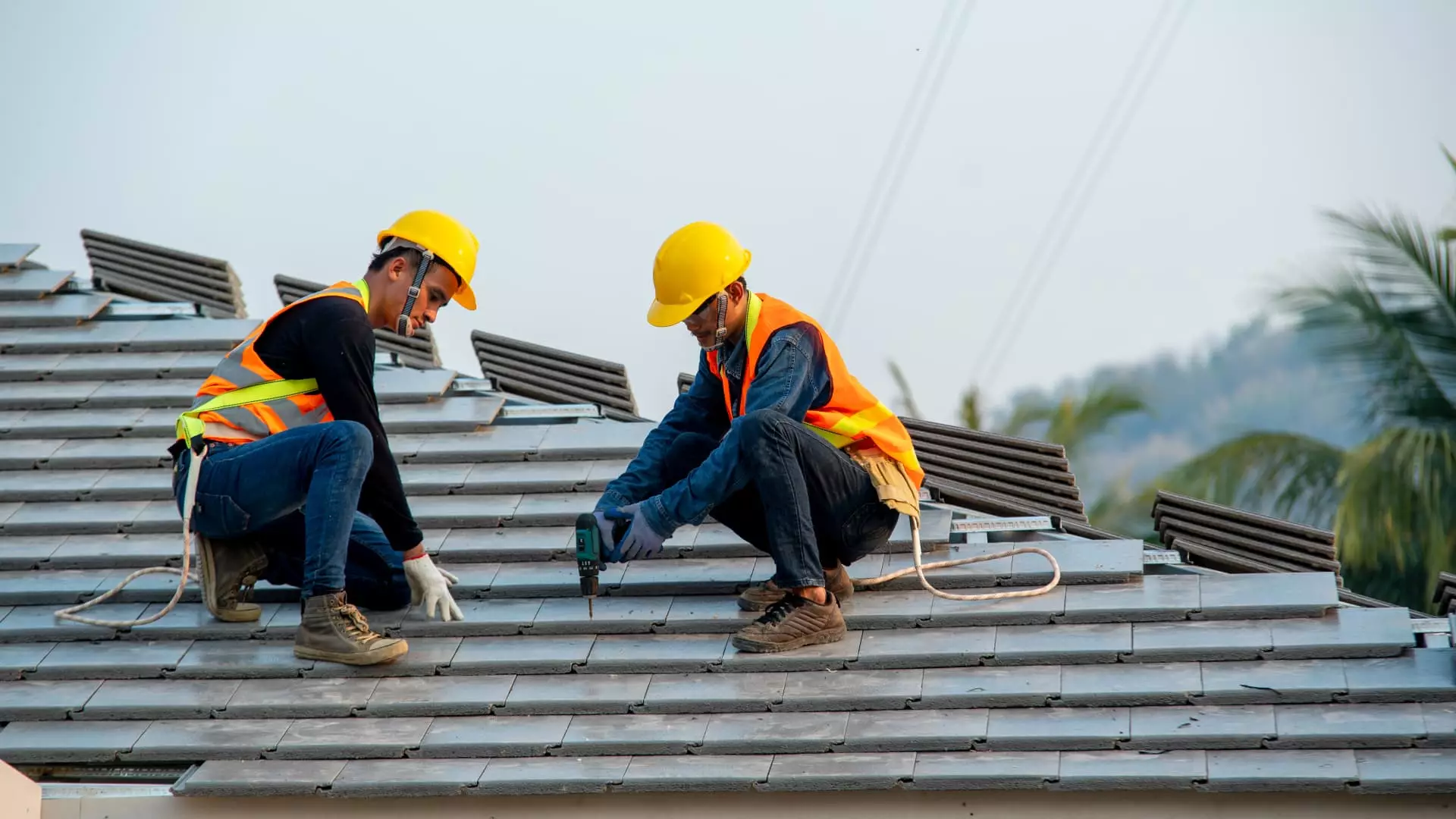Home repairs and renovations pose a significant financial burden for homeowners. As costs continue to climb, many are willing to compromise on hiring practices, often leading to risky decisions that could result in greater expenses down the line. A considerable 33% of homeowners surveyed by Clever Real Estate are contemplating hiring contractors with questionable credentials, exploiting the symptom of financial strain rather than seeking the quality they deserve. This willingness to sacrifice contractor reliability for short-term savings not only undermines the integrity of home improvement but also begs the question: Are homeowners prepared to face the long-term consequences of such choices?
When it comes to hiring a contractor, reputation is often touted as the most vital factor. The Clever Real Estate report highlights that a staggering 25% of homeowners prioritize a contractor’s reputation, with experience and cost following closely behind. This demonstrates an awareness of the implications that come with hiring skilled labor for home renovations. Unfortunately, the desire to cut costs can cloud judgment, leading homeowners to overlook crucial elements like reliability and professionalism, ultimately putting their investment at risk.
The nuances of contractor reliability are not merely anecdotal; they are backed by expert insights. Jamie Dunaway-Seale, who penned the Clever report, categorizes a “questionable contractor” as one who may inflate their skills, misrepresent project costs, or fail to deliver quality work. Such a contractor could end up costing homeowners far more than they saved during the initial hiring phase. Angi co-founder Angie Hicks echoes this sentiment, suggesting that it may be more prudent to hire a less experienced, yet honest, contractor rather than gamble on someone with a dubious reputation.
Natural disasters exacerbate the challenges of finding a trustworthy contractor. For instance, Loretta Worters from the Insurance Information Institute warns that unscrupulous individuals often exploit vulnerable homeowners during recovery efforts following natural disasters. As homeowners grapple with their insurance claims and the emotional toll of storm damage, they may inadvertently fall victim to fraud, further compounding their misfortunes.
The warning from the Justice Department and Consumer Financial Protection Bureau emphasizes these risks, particularly after catastrophic events like hurricanes. Homeowners must remain vigilant, as hiring a fraudulent contractor can lead to a disastrous cycle of financial loss, in which the storm’s damage is exacerbated by opportunistic individuals seeking to exploit those in need.
Tips for Hiring a Reputable Contractor
Despite the challenges homeowners face, there are actionable steps they can take to mitigate risks when hiring a contractor. First and foremost, checking a contractor’s reputation is imperative. Seek referrals from friends and family who have successfully navigated similar home improvements. This personal touch not only provides valuable insights into a contractor’s reliability but also fosters a sense of community support.
Next, examine online reviews in conjunction with the recommendations received. In today’s digital age, the wealth of information available online can serve as a critical tool in vetting potential hires. Always look for references from past clients and inquire if the contractor would allow direct communication with them. A contractor’s reticence to provide this information might signal potential issues.
Proper credentials and licensing must also be scrutinized, as these ensure that the contractor possesses the expertise necessary to execute the job effectively. While some states do not require specific licenses, those that do often have databases for consumers to verify contractor eligibility. Engaging with the National Association of Home Builders’ resources can offer further guidance.
Creating Transparent Guidelines for Payment
Clear communication regarding payment terms is equally essential in establishing a trustworthy relationship with a contractor. Homeowners should ensure that estimates are detailed and transparent. Typically, upfront payments should be limited to 10-20% of the total project cost; the expectation of high deposits can often indicate potential scams.
Obtaining multiple estimates not only provides a framework for assessing the average costs but can also highlight discrepancies that may unveil red flags. As Hicks sagely advises, if a deal appears too favorable, it likely warrants skepticism—an essential mindset to maintain when navigating the complexities of home renovations.
Final Thoughts: A Careful Approach to Home Renovations
While the desire to cut costs during home repairs may tempt homeowners into risky decisions regarding contractor selection, thorough research and diligence can pave the way for successful, high-quality renovations. By prioritizing reliable contractors and employing a meticulous approach to hiring, homeowners can protect their investments and avoid the pitfalls of contractor fraud. Ultimately, given the current landscape of home repairs, resisting the urge to compromise on quality in favor of immediate savings is not just a smart choice; it’s a necessary step towards safeguarding both homes and financial well-being.


Leave a Reply